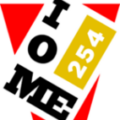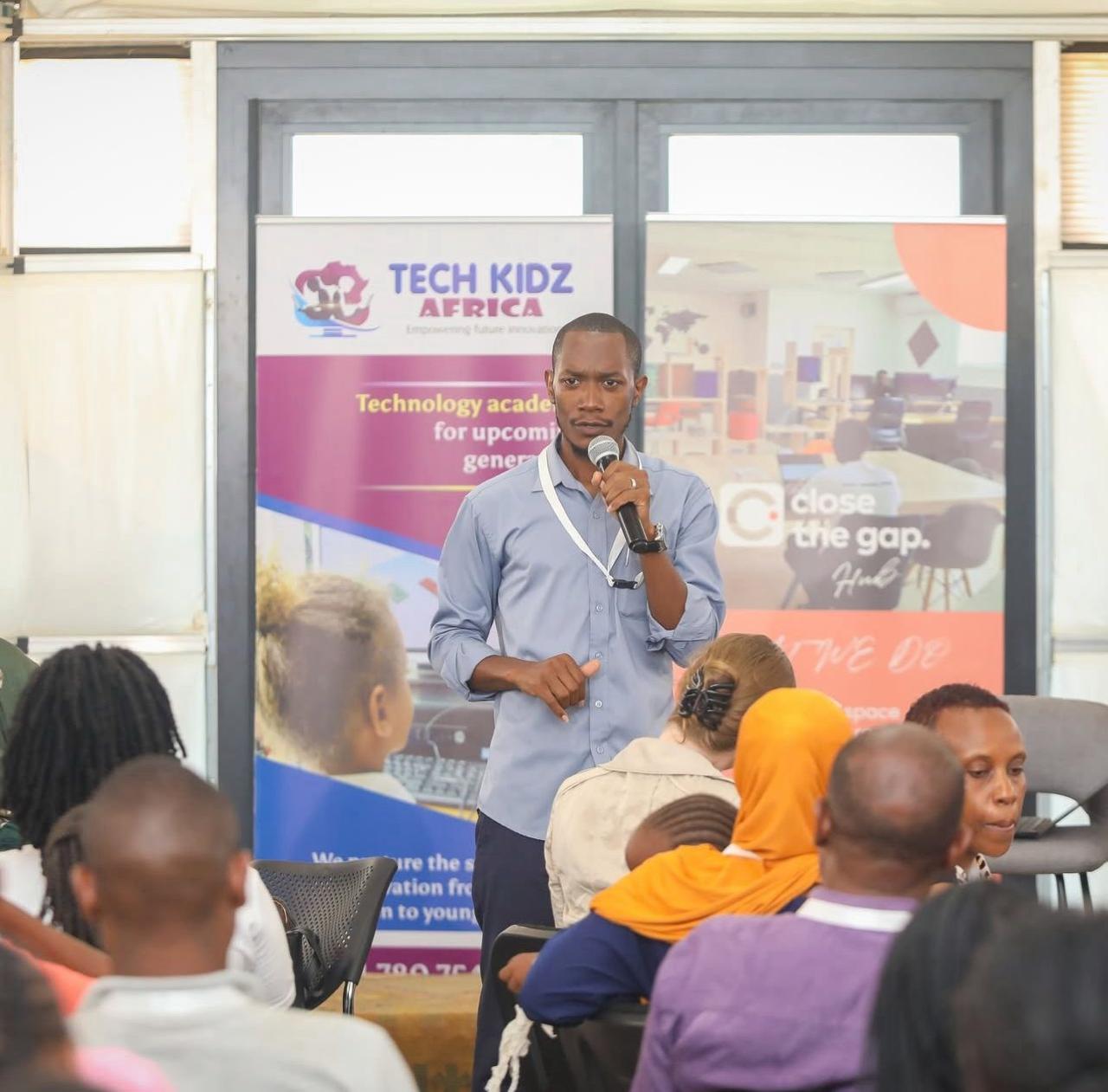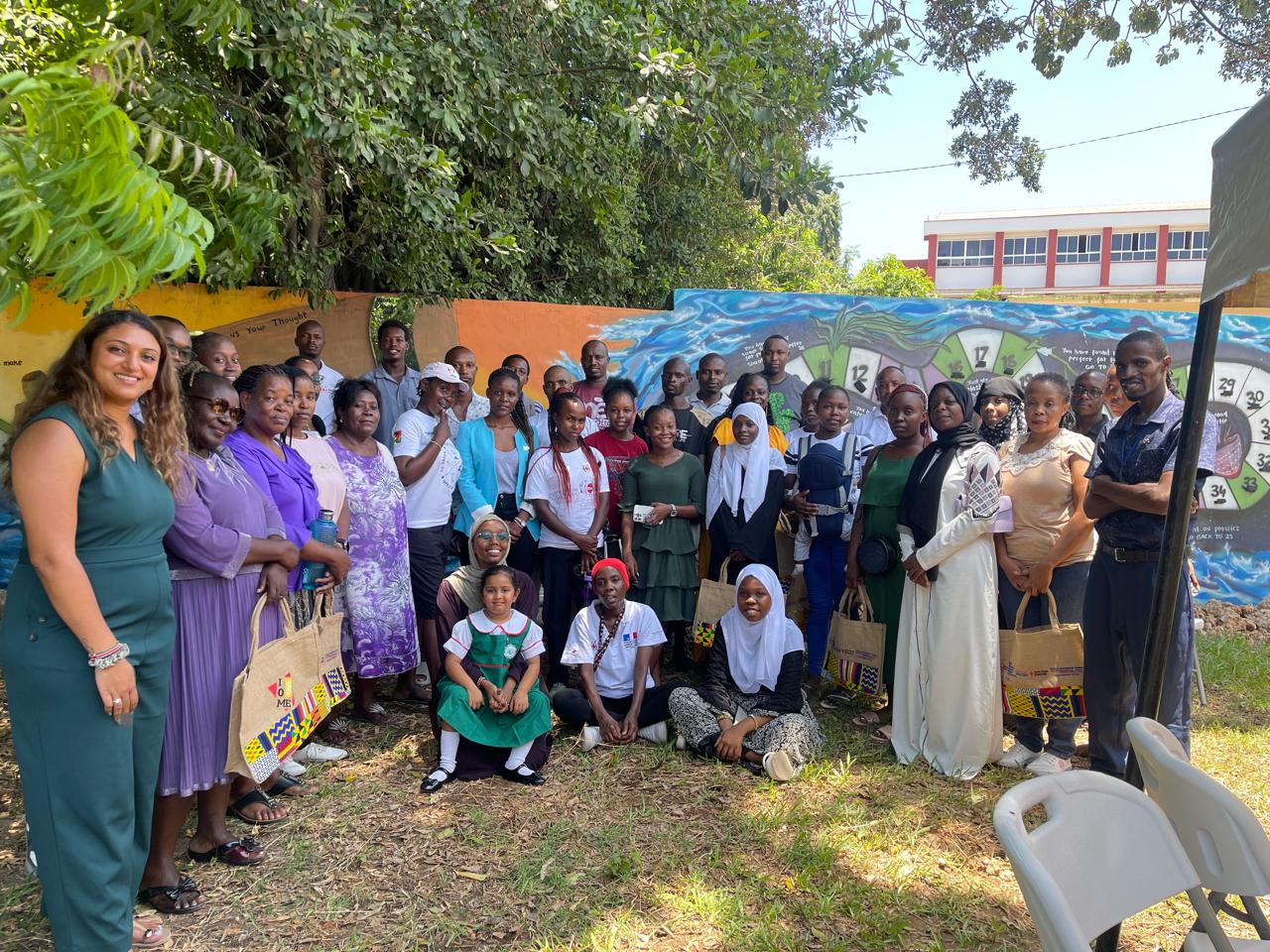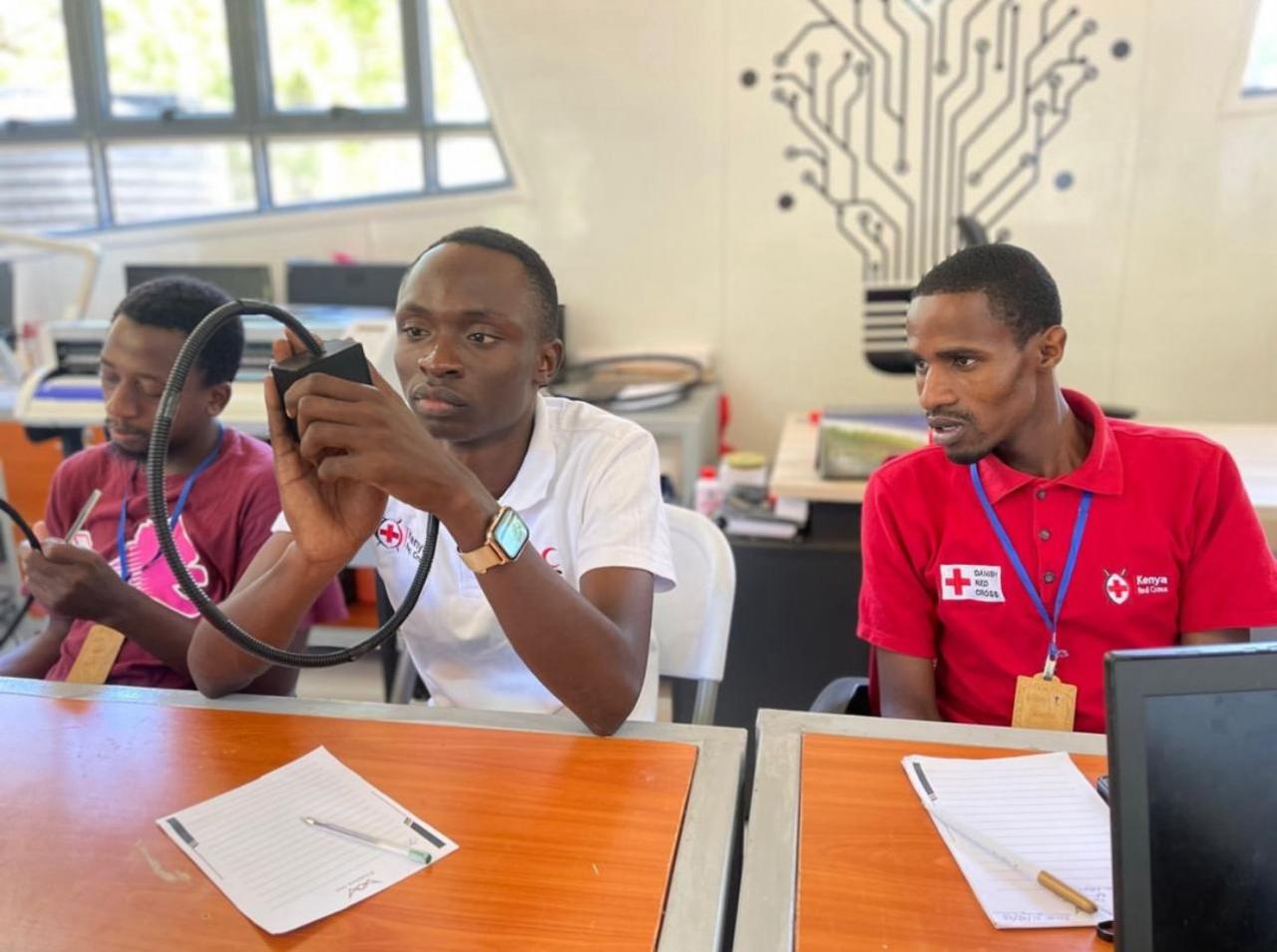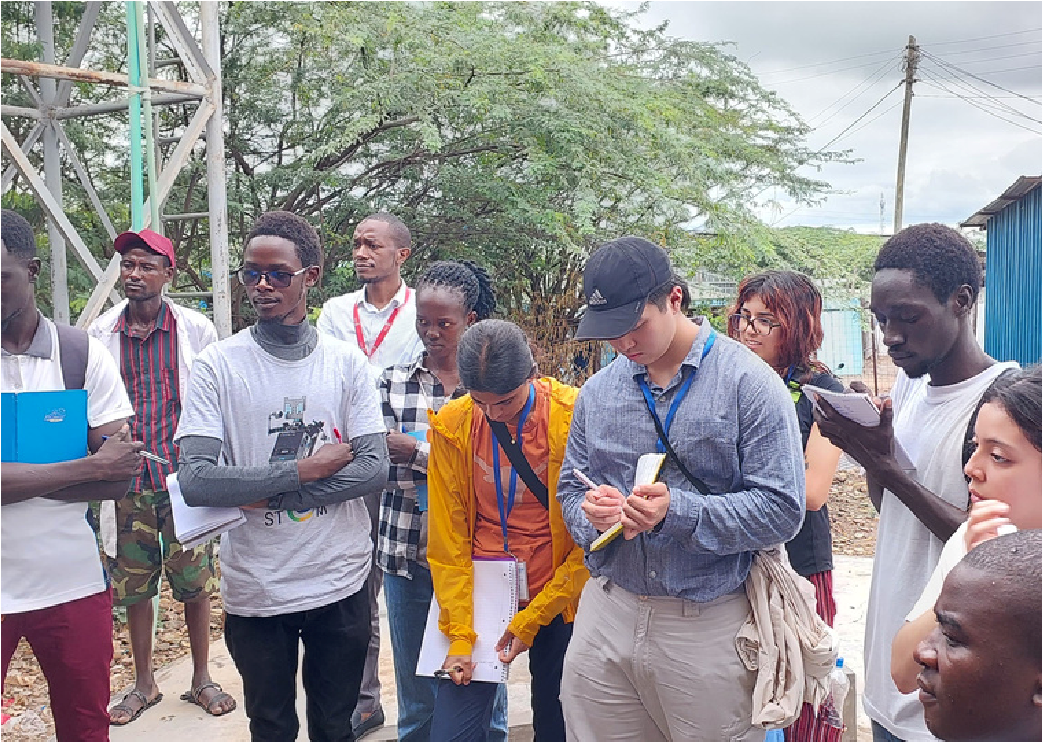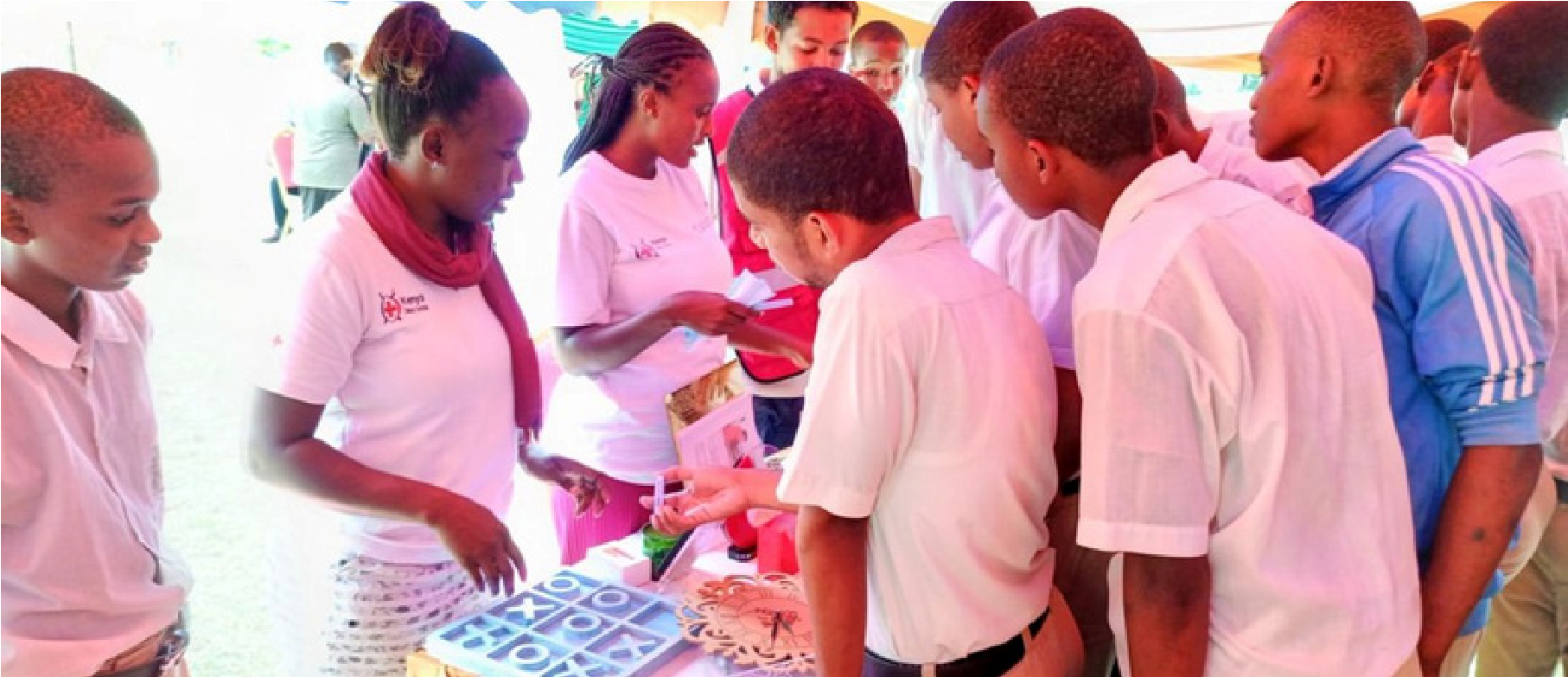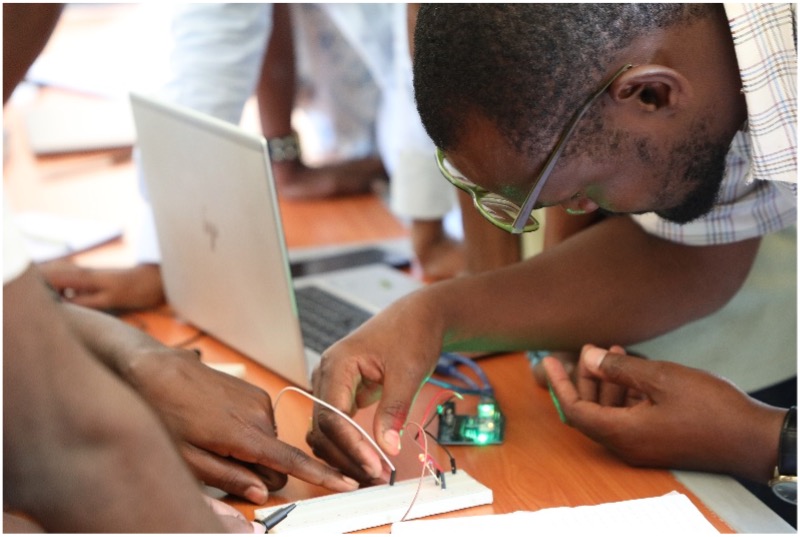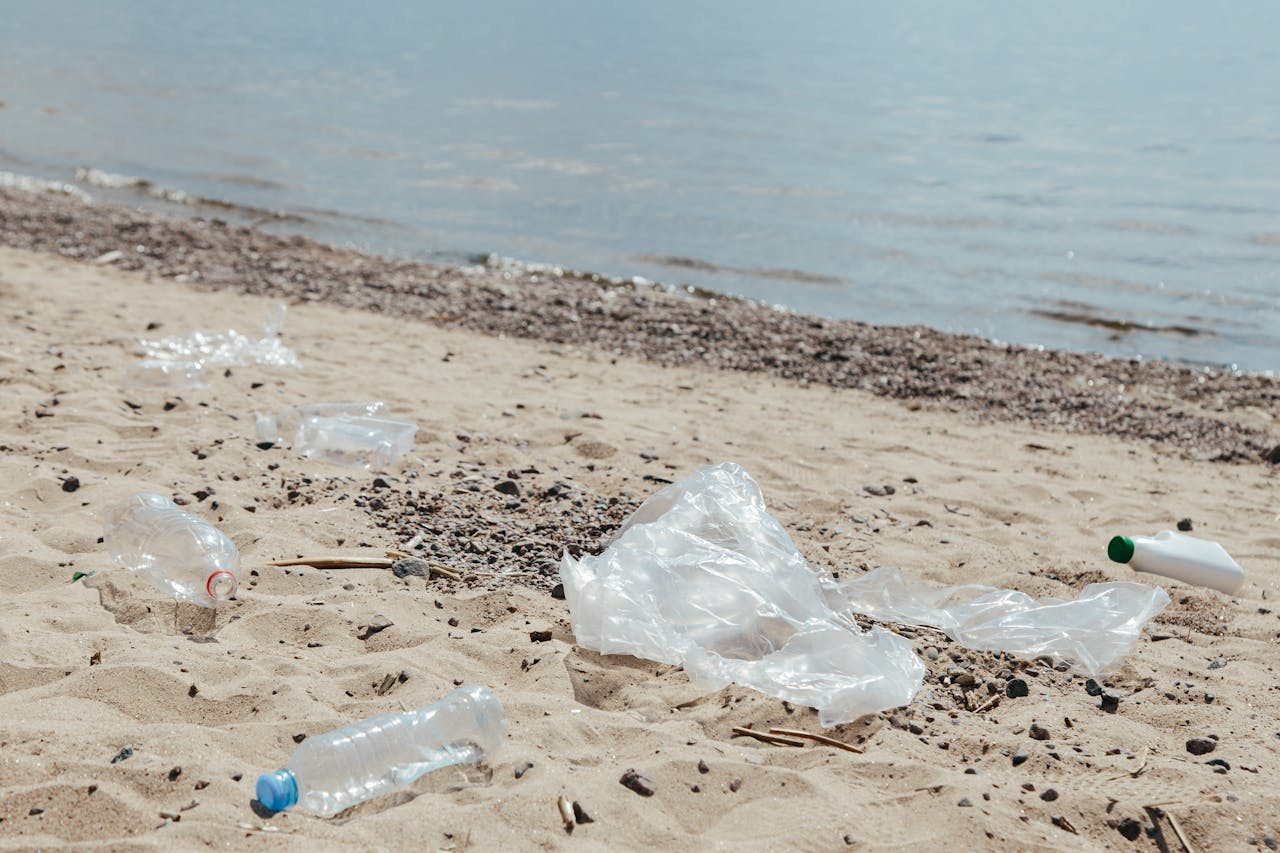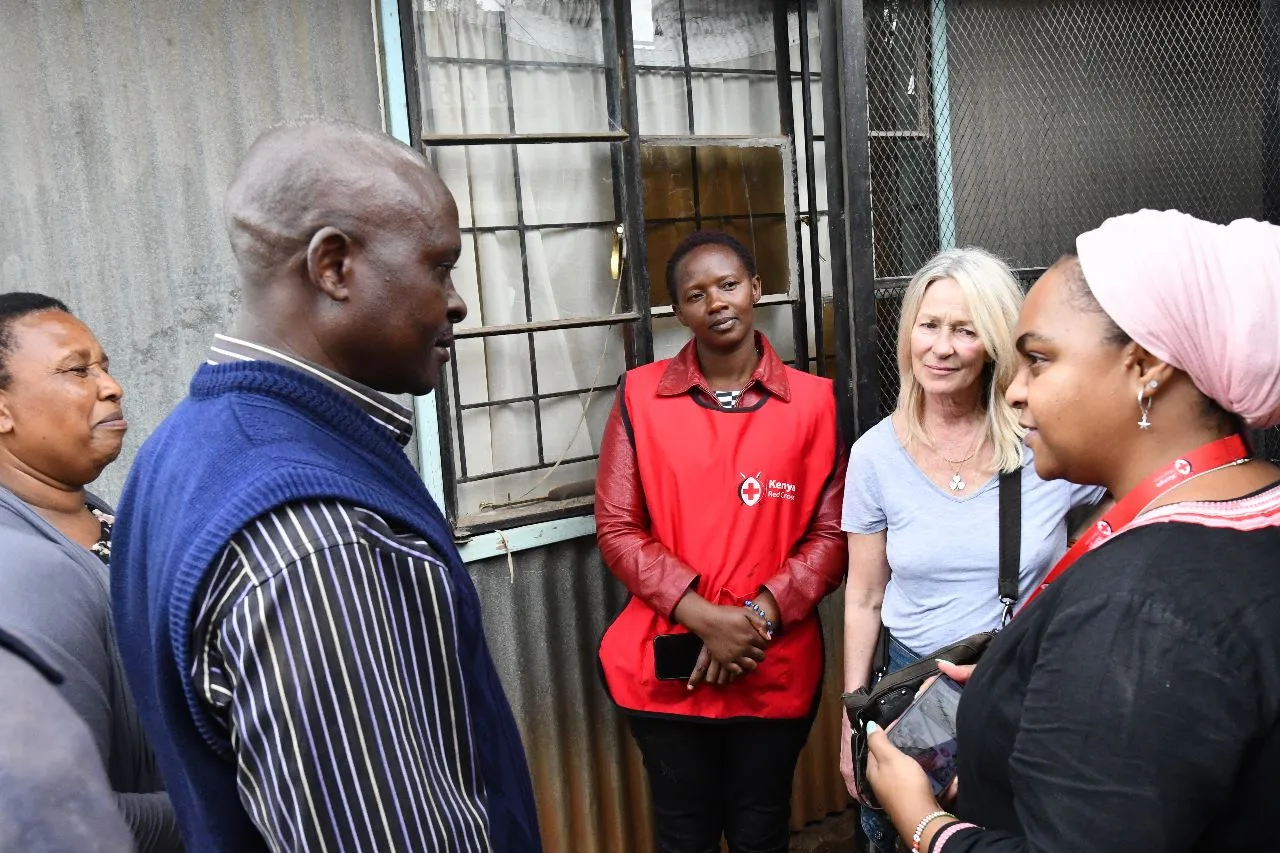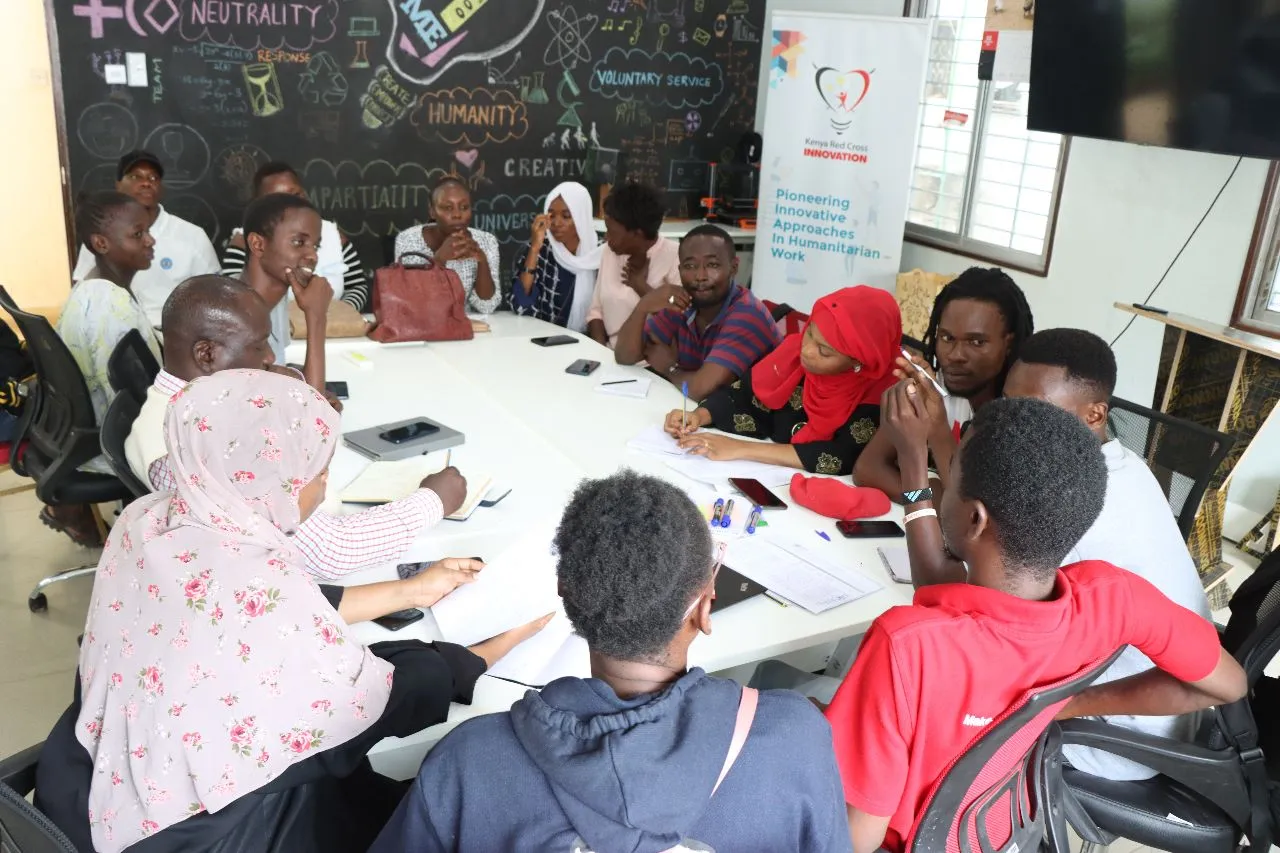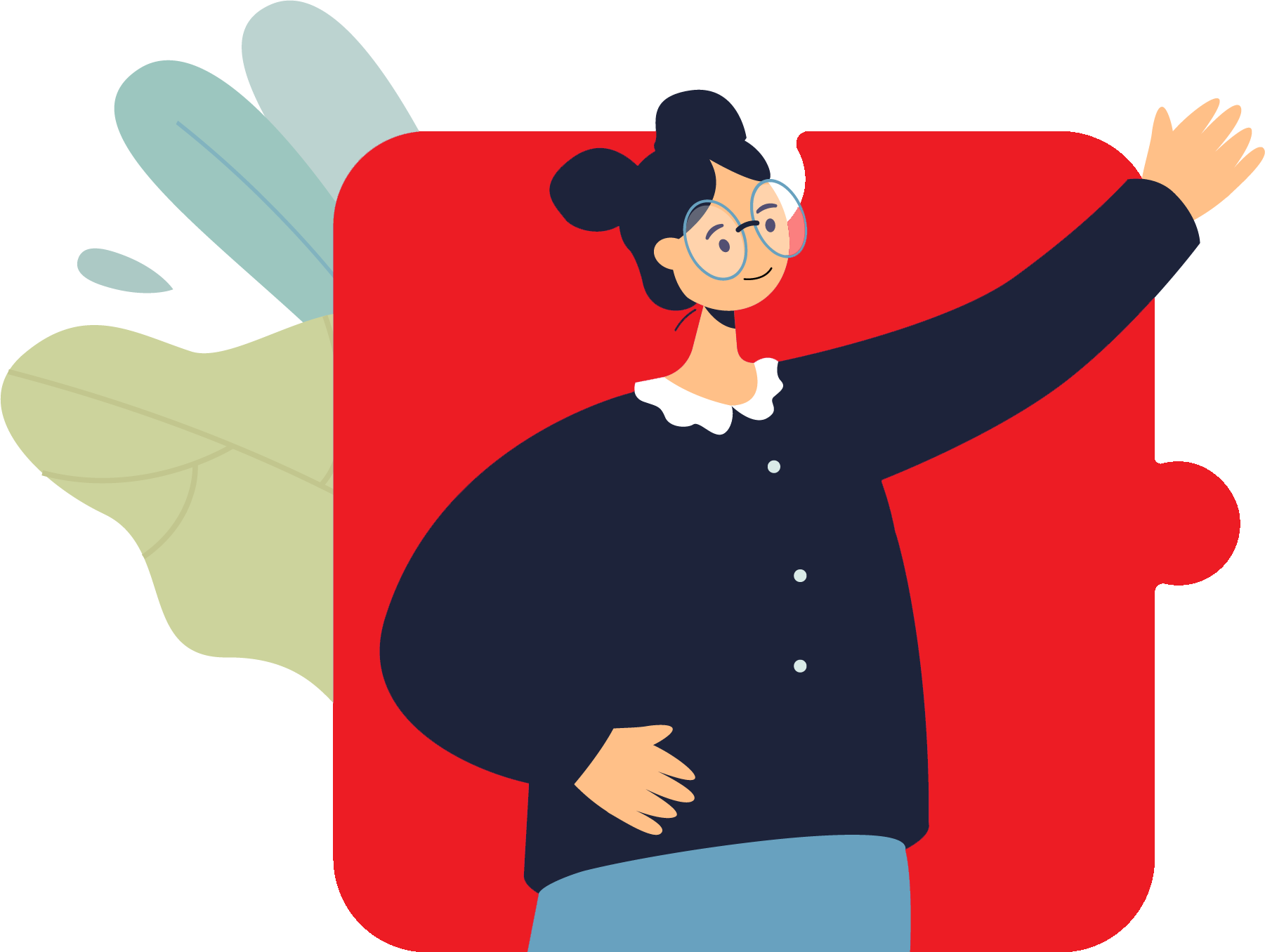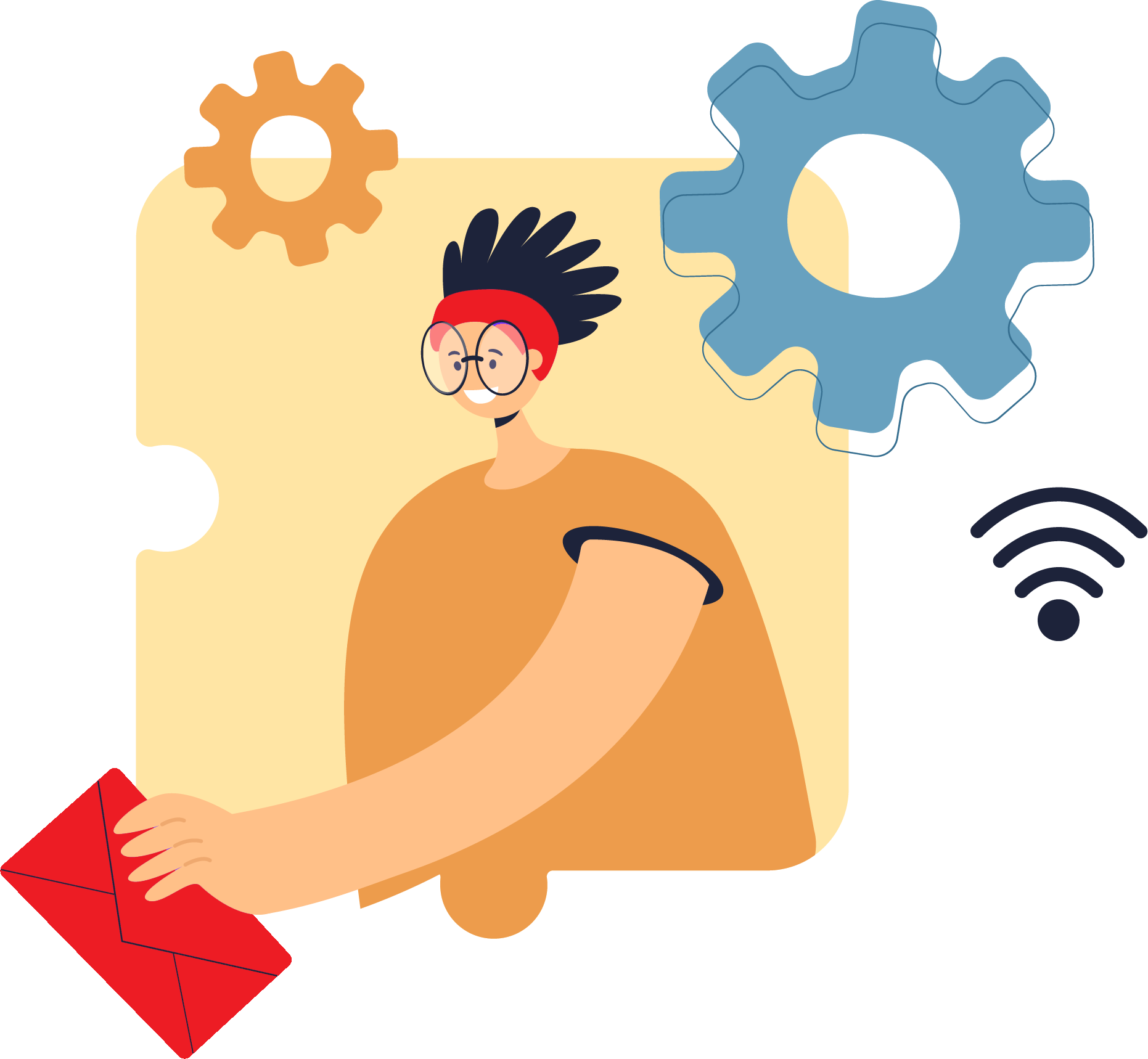ICHA’s Innovation team had the pleasure of hosting the Airbus Foundation Response Coordinator, Ms. Sophie, in Nairobi and Mombasa Counties, where they took her to visit different project implementation sites. This visit aimed to showcase the progress and impact of various projects and to strategize on the partnership engagement. In Nairobi, the team visited three schools that had the Plasma water units installed; St. Catherine Primary, Nairobi South Primary, and Gatoto Primary. During the visit, the headteachers of the schools gave their timely feedback on their experiences using the water purification systems and gave some recommendations on how the project could be sustainable moving forward. The WASH department and Plasma Waters technician were also present during the visit, providing technical support and addressing any issues that arose. In Mombasa County, Ms. Sophie was updated on the Airbus Foundation Discovery Space (AFDS) project and the Mombasa county branch projects focusing on Disaster Risk Reduction (DRR), such as the URCBP project. The teams discussed overall partnership engagements, geared towards environmental conservation and capacity building within specific thematic areas such as Knowledge Management, Blue, and Green Economies. During the URCBP site visit, the project team and the Community Disaster Management Committee had further discussions on how to rehabilitate and enhance overall mangrove conservation and restoration efforts. The mangroves play a crucial role in coastal protection, and their conservation and restoration are critical for the well-being of communities living in the area. The partnership between KRCS and Airbus Foundation has had a huge impact, with several projects being implemented to address various challenges facing communities in Nairobi and Mombasa counties. The Plasma Water units in schools have provided clean and safe drinking water to school-going children, reducing waterborne diseases. The Airbus Foundation Discovery Space has provided a platform for students to learn about science, technology, engineering, and mathematics (STEM), contributing to the development of future leaders and innovators. The DRR projects in Mombasa County have enhanced the resilience of communities to disasters, reducing the impact of disasters on their livelihoods. Moving forward, the partnership between KRCS and Airbus Foundation will focus on sustainability and capacity building within specific thematic areas such as Knowledge Management, Blue, and Green Economies. This approach will ensure that projects are implemented sustainably, enhancing the well-being of communities while protecting the environment.
